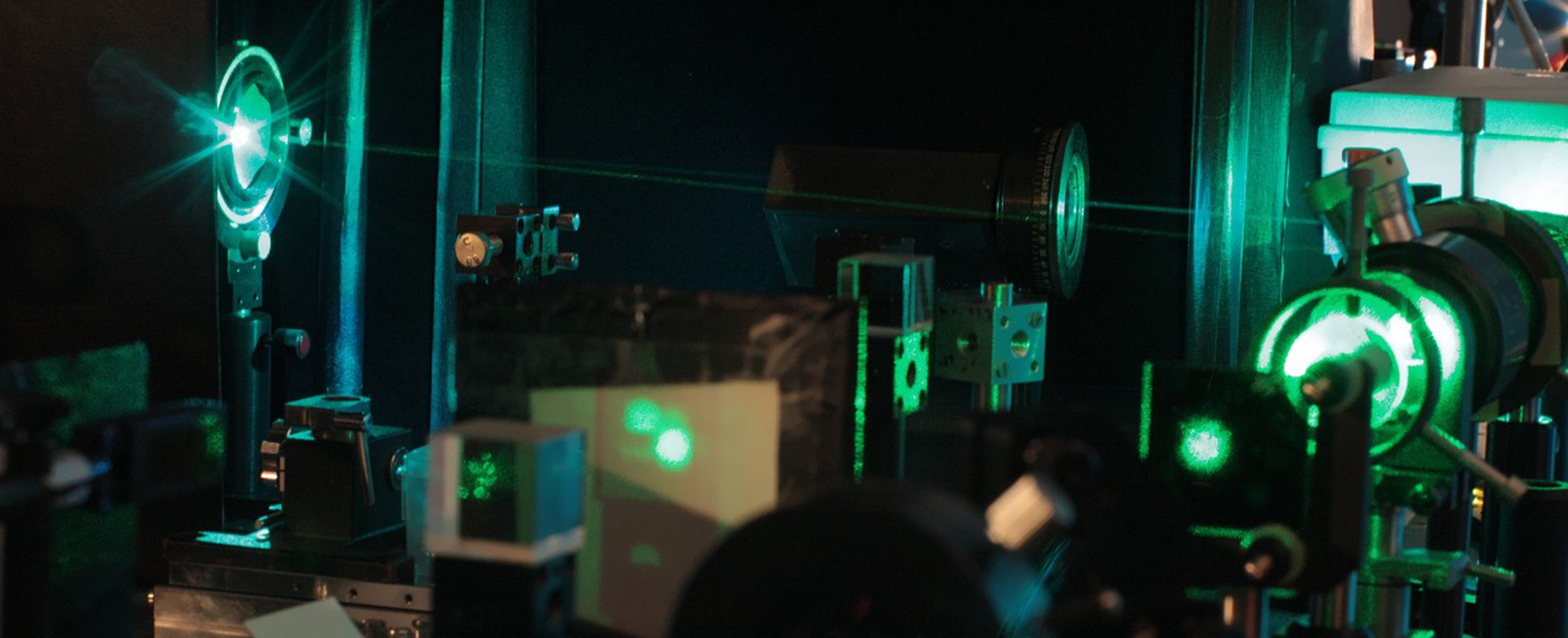Copyright (excerpt)
The subject of copyright is any manifestation of creative activity of an individual nature, established in any form, regardless of value, purpose and manner of expression (work).
In particular, the subject of copyright are works:
- expressed in words, mathematical symbols, graphic signs (literary, journalistic, scientific, cartographic and computer programs);
- plastic;
- photographic;
- industrial design;
- architectural, architectural and urban planning and urban planning;
- musical and verbal-musical;
- stage, stage and music, choreography and pantomime;
- audiovisual (including film).
Only the expression may be protected; discoveries, ideas, procedures, methods and principles of operation and mathematical concepts are not protected.
The work is subject to copyright from the moment it is established, even if it is incomplete.
The creator is entitled to protection regardless of fulfilling any formalities.
Unless the employment contract provides otherwise, the scientific institution shall have priority in publishing the scientific work of the employee who created the work as a result of performing duties under the employment relationship. The creator is entitled to remuneration. The publication priority expires if no contract for the publication of the work has been concluded with the creator within six months from the delivery of the work, or if the work has not been published within two years from the date of its acceptance.
- A scientific institution may, without separate remuneration, use the scientific material contained in such a work and make this work available to third parties, if this results from the agreed purpose of the work or has been agreed in the contract.
As defined in the provisions on higher education, universities have priority in publishing the student's diploma thesis. If the university has not published the diploma thesis within 6 months of its defense, the student who prepared it may publish it, unless the diploma thesis is part of a collective work.
The contract for the transfer of proprietary copyrights or the contract for the use of a work, called a "license", covers the fields of use expressly mentioned therein.
The contract is invalid in the part concerning all works or all works of a certain type of the same creator to be created in the future.




